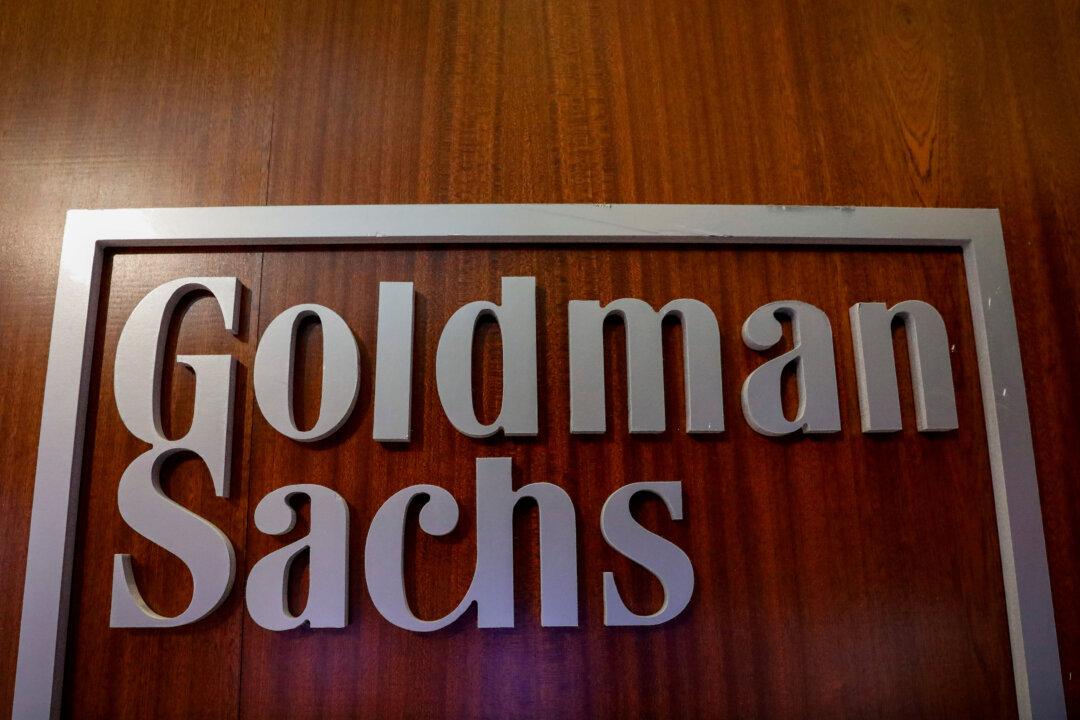NEW YORK—More than two years ago, Goldman Sachs Group Inc. told investors it would find $5 billion in fresh annual revenue by 2020. Now, the bank may move away from that goal to focus on a wider range of metrics.
The new targets, to be outlined by Chief Executive David Solomon’s management team in January at Goldman’s first-ever investor day, could include a broad efficiency ratio and profitability measures, four sources familiar with the matter said.





